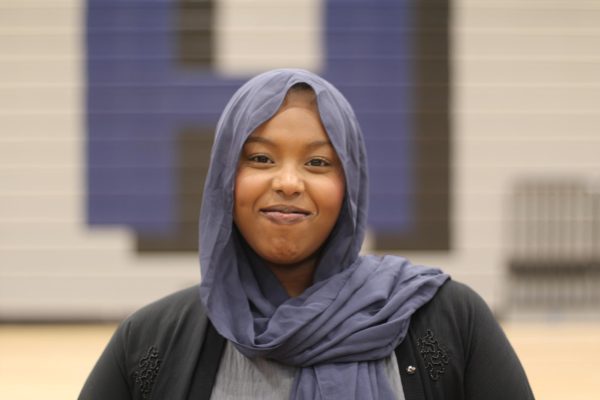Anti-Bullying Week started in 2012 and takes place Nov. 11-15. World Kindness Day is recognized every year on Nov. 13. World Kindness Day and Anti-Bullying Week spread a similar message of pushing positivity out into the world. Junior Marlee Ballstadt said, “You shouldn’t be a bystander while someone’s getting bullied. Talk to a trusted adult.” There are several ways that someone can get bullied. Cyber, verbal and physical bullying are the biggest ones. Many people experience bullying every single day but tend to hold back from receiving help out of embarrassment or shame. Teenagers attempt to fit into societal norms to avoid being a target.
Several students from elementary through high school deal with bullying regularly. The National Bullying Prevention Center released the following statistics: One out of every five students (20.2%) report getting bullied. It is important to teach your kids on how to advocate for themselves so they feel comfortable being able to talk to teachers, counselors or principals. Another staggering statistic about male students shows that they are at higher risk of getting physically bullied compared to female students (6% vs. 4%).
Once a student is bullied, it tends to become a recurring thing. The National Bullying Prevention Center said that (41%) of students who reported being bullied at school indicated that the bullying would happen again. Adults in a school setting should step up to help prevent it from happening again.
With cell phones being commonly given to kids as young as 11 years old, 6% of US teens from ages 13 to 17 are reported to have experienced cyber bullying at least once in their lifetime. Social media has also become a part of ordinary teenage lives which makes it easier to be a victim of cyber bullying. Black teens are twice as likely to get cyber bullied as white teens. Besides race, other leading causes of cyber bullying are dating partners, friends, sexual behavior and physical appearance.
There are warning signs that someone could be struggling with bullying such as declining grades, more absences, avoiding friends and family and decrease in self-esteem. Not only can this ruin someone’s mental health but it can also lead to isolation, depression, stress and anxiety. Junior Nevaeh Swain said, “Be kind to everyone because you don’t know everyone’s story.”
Bullying is a destructive thing that occurs all around the world. Standing up for oneself and others shows unity and brings people together. If students have knowledge of someone being harmed, there are resources in place to help. Websites like Get Help Now or Sandy Hook Promise are available for those who need it.


